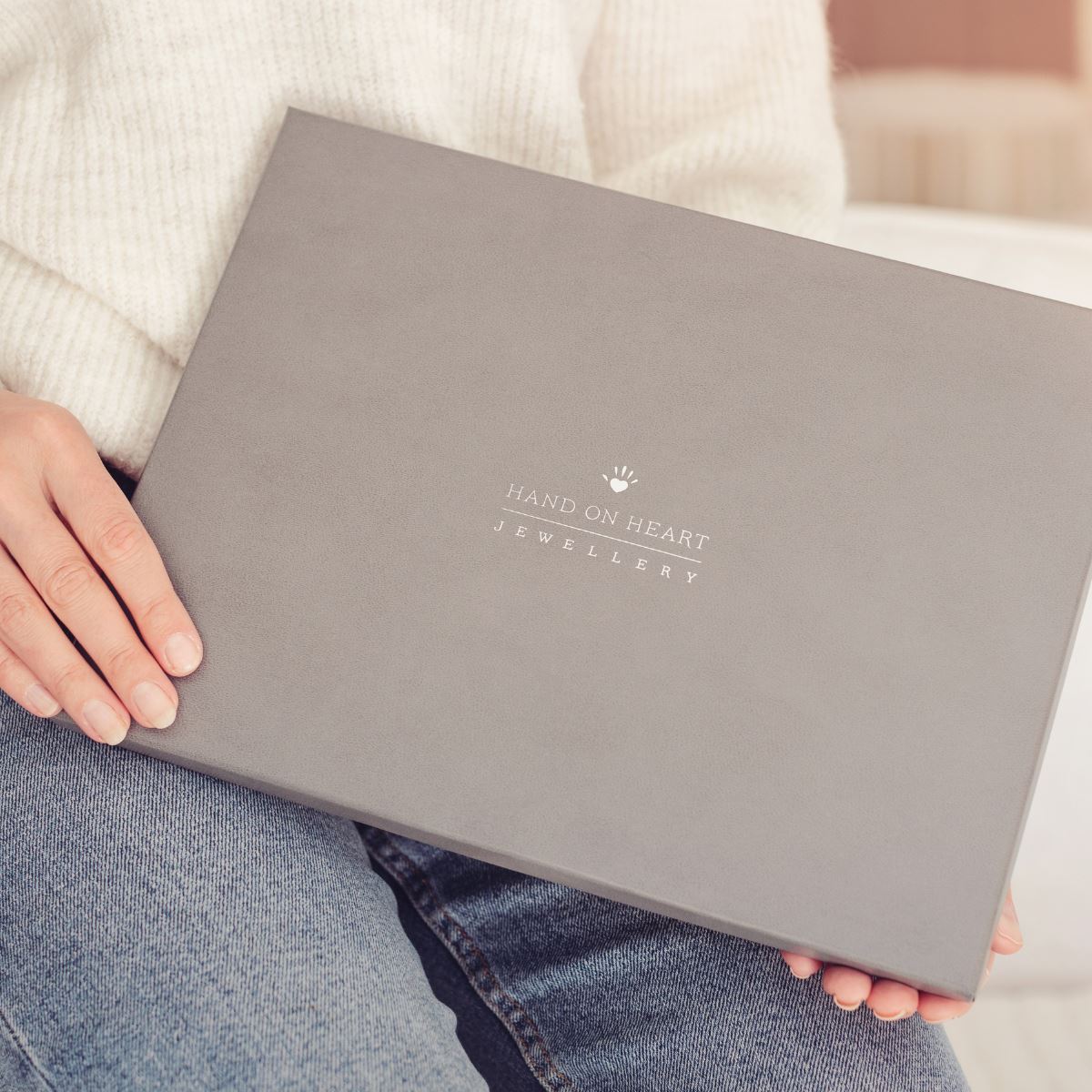It’s a heart-breaking experience when a beloved pet passes away. Pets are part of the family, and the grief can be just as strong when a pet dies as mourning the loss of a family member or friend. We share an intense love and bond with our pets, which means saying goodbye to them is utterly devastating.
Grieving a pet is valid grief
Unfortunately, it might be hard for some people to understand how devastating pet loss can be, but just because pets have four legs rather than two doesn’t make the grief any less intense or easier to handle.
The intense emotions in the grieving process might be hard for someone to understand or comprehend if they’ve never owned a pet, but that doesn’t make the grief any less valid. Nobody should ever feel ashamed or guilty about feeling devastation at grieving for their beloved pet. If you’re grieving a pet, it’s important to let yourself feel the emotions without any embarrassment or judgement from others.
Coping with the strong feelings that hit us when grieving a pet can be overwhelming at times. We can feel many different and confusing emotions – sadness, shock and disbelief, while also feeling happy at the thought of the memories and the special bond shared. While some emotions may be unwelcome and difficult to deal with, they are completely normal and are, in fact, testimony to the unique and emotional bond between a person and their pet.
Remember that grieving a pet is valid grief – give yourself as much time as you need to grieve.
Why do we get so attached to our pets?
Pets are part of the family – the bond and the love between an animal and its owner is strong and special. Pets aren’t simply animals, they’re cherished members of the family, and they bring smiles, laughter, fun and companionship every day that they’re with us. Grieving a pet is extremely difficult because they leave a huge hole in our hearts when they’re no longer with us.
One of the reasons why we get so attached to our pets is because a pet’s love is unconditional and pure – it doesn’t come with many of the complications that human relationships do. Animals are also extremely loyal and perceptive; they don’t judge, and they’re all accepting in ways that humans typically aren’t. Not only do pets see us through everyday life, but they’re also by our side during the tough times too. For example, if your dog or cat picks up on an emotion you might be subconsciously expressing, like sadness, they’ll come over and sit with you. Pets spend many years of our lives by our side and provide us with comfort, security, stability, and of course, love.
If you lose a pet, it’s important to give yourself permission to grieve as you would normally, in the same way you would if you lost a family member or a friend. Losing a pet means losing an important companion. It hurts when we have to say goodbye to them, and we’ll likely go through the same stages as we would with any grieving process – denial, anger, guilt (or bargaining), depression and finally, acceptance. Acknowledging these five stages means we can find comfort in knowing that these emotions are normal and universal. Ultimately, acceptance and healing come with time, patience and compassion for yourself.
Working your way through the grief
Grief is a complex journey. It’s a natural process that’s unique to all of us. We’ll all respond in different ways, and we’ll work through it in different ways. When it comes to grief, there are no right or wrong answers. There’s no definite timeline, and there are no definite rules. Pet loss is just like other grief – it’s something we must let ourselves feel and work through gently by taking each day at a time and looking after ourselves.
Although the grieving process is unique to everybody, the following ideas can help with grief.
There’s no timeline
The grieving process is slow, and it can take a long time before you start to feel better. There’s nothing normal about grief, and nobody can say that in X number of days, months or years, you’ll feel better again. All you can do is recognise that your emotions and feelings are valid and natural. Grieving is something that can’t be rushed. It’s hard to believe when we’re in the early stages of grief, but time does help us heal – and it will get easier over time. Be patient with yourself and let the grieving process happen naturally. Take as much time as you need.
Strong emotions are completely normal
You might feel devastated, angry, lonely or shocked. These emotions might come one by one, or they might flood you in waves. Whatever you’re feeling, it’s important to recognise that it’s completely normal. Pet loss is a devastating experience, and showing emotion doesn’t mean you’re weak or too sensitive – you’re mourning the loss of an animal you loved deeply, who played a huge and important role in your life.
Try not to bottle it up
Ignoring your emotions and your pain, or bottling it up, will likely make you feel worse in the long run. If you can, try to face up to what you’re feeling and deal with it actively. Did you know that crying stimulates the release of endorphins which are our body’s natural healing agents? If you’re feeling sad or if you feel like crying, don’t hold it in. If there’s someone you can speak to, talking about your pet and your grief can be a cathartic experience. Writing about them and your memories with them can be a huge help in the grieving process too.
Speak to other people who can relate
If you’re struggling to speak to family members or friends, or anyone who can relate to what you’re going through, there are other available resources that can help. For example, there are online message boards, pet loss hotlines and support groups. Blue Cross offers a free and confidential Pet Bereavement Support Service (PBSS), Cats Protection has a confidential phone line called Paws to Listen, and The British Horse Society has one called Friends at the End.
Look after yourself
Pet loss can be an extremely stressful and difficult time. Looking after yourself, both emotionally and physically, will make a huge difference. Try to spend time with people you care about and ensure you’re getting plenty of sleep, eating healthily and exercising regularly. Although you might not feel like it, these are things that will help in the long run. If caring for a pet previously occupied your time, try to fill the time again by taking up a new hobby, visiting friends, volunteering or relaxing by doing something you enjoy that might take your mind off the grief.
Keeping memories alive

Pet remembrance is important, and there are many ways you can keep the memories of your beloved pet alive. We’ve experienced pet loss ourselves, and we know how devastating it is. It was going through these heart-breaking experiences that inspired us to start our pet memorial range. To create a lasting memory of your pet, our specialist designers can design a beautiful piece of jewellery using the true paw print. They will work carefully with the image, removing any marks from fur and miniaturing the print, keeping all the unique detail to fit on your chosen necklace, charm or bracelet. Alternatively, our cremation ashes range can also encompass pet cremation ashes to create a lasting tribute.
Remembering your pet is completely personal to you and your relationship with them. Some people choose to have a funeral or a farewell ceremony, which can help you and your loved ones openly express feelings in a safe and caring environment, while also offering a chance to say goodbye.
You might want to keep hold of your pet’s possessions as a memory of them. But whether you’re keeping items like their bed or toys or removing them permanently, be sure to do it gradually. The first step can be to move them to a different location, easing the transition. Then when you feel ready, you could store them away in a safe place (in a garage or loft) so that they don’t serve as an everyday reminder, but you can look at them when you feel strong enough to sit comfortably with the memory of them. If you choose to remove the belongings permanently, many animal shelters will accept donations of beds, toys and sealed food – which could be a nice gesture in your pet’s memory.
Pet remembrance can take many forms. Some people find it useful to create a lasting memory in the form of a scrapbook, photo album or perhaps by planting a tree in memory of them. An uplifting way to mark a pet’s anniversary or their birthday is to volunteer at a local animal shelter or donate to an animal charity in their memory. Whichever way you choose to remember your beloved pet, taking the time to look back on the happy memories and unconditional love will help with the grieving process.
We understand how devastating it is to lose a pet – we’ve been through it ourselves and know how difficult it can be. If you’ve been affected by this and would like to speak to somebody, Blue Cross offers a free and confidential Pet Bereavement Support Service (PBSS).



Comments
We are so very sorry to hear of your loss Pip, we would love to create you a special piece of jewellery in loving memory of your beloved pet <3 All we need is a clear photo of the paw print you would like to use, if you could send that to our friendly team on studio@handonheartjewellery.co.uk, a member of the team will be able to advise further.
Thank you, Team HoH x
Hello
I would a bracelet for a male for our pet that has passed
I have paw prints in photos is this possible.
I have purchased charms with my childrens hand prints using your kits
Look for to your response
Regards
Pip Cunnane